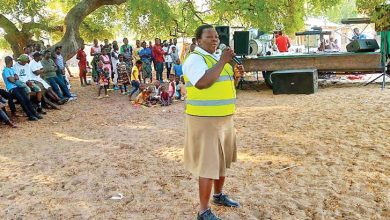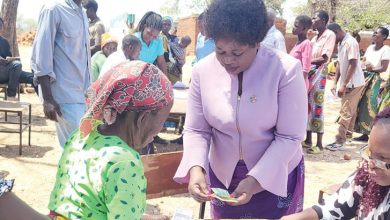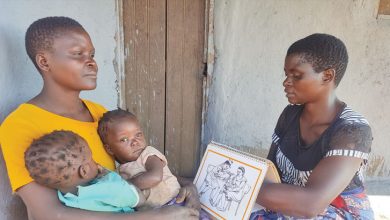50+1 law haunts political parties
Political parties on both sides of the divide are mulling over forming electoral alliances ahead of the September 16 2025 General Elections amid the 50 percent-plus-one rule of electing the country’s president.
What is coming out clearly is that no single political party appears ready to go it alone, especially in the presidential race following the interpretation of majority by the High Court of Malawi sitting as a Constitutional Court in February 2020 and confirmed by the Malawi Supreme Court of Appeal.
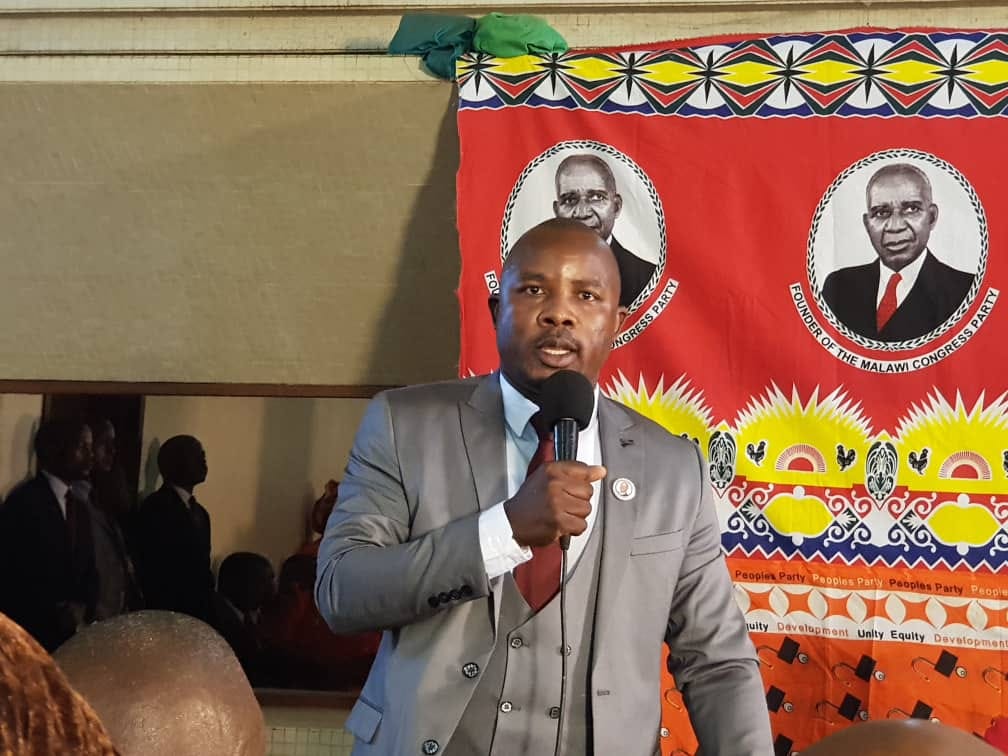
Effectively, the court interpretation saw the country adopting 50 percent-plus-one vote as opposed to simple majority under the first-past-the-post system used since the first post-independence multi-party general elections in 1994.
In separate interviews, the United Democratic Front (UDF), Democratic Progressive Party (DPP), Alliance for Democracy (Aford) and UTM Party concede that it is not easy for a single party to win the presidential race based on the 50+1 system.
On the other hand, Malawi Congress Party (MCP), the key partner in the governing Tonse Alliance, said it was not shaken by the opposition’s manoeuvres to form alliances as it was also negotiating electoral alliances.
In an interview on Wednesday, UDF spokesperson Yusuf Mwawa said any alliance will have to be formed out of conventional convenience that will look at the larger picture of advancing the will of masses and not individuals.
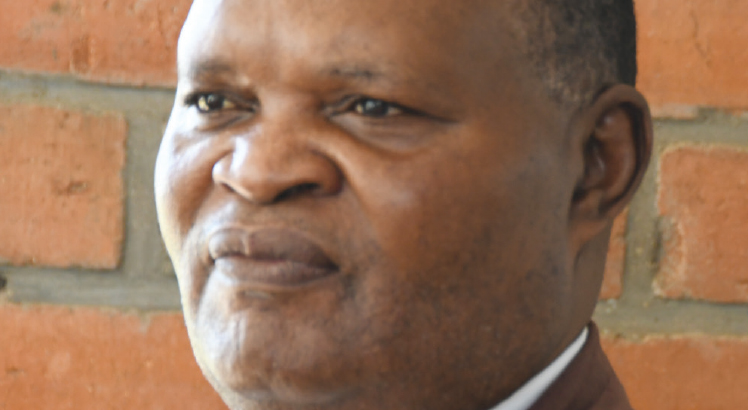
He said: “Parties may be represented by individuals in signing formal agreements, but binding commitments must be agreed entirely by entities and not individuals if we are to see alliances that will bear the much needed expectations.
“It is factually right to ascertain that a single political party may not easily get a 50+1 win outrightly. This leaves parties with no choice, but to come as a unified bloc to win an election.”
Af o rd vi c e – p r e s i d e n t (operations) Timothy Mtambo said calls are mounting from the electorate for the opposition to unite to dislodge the Tonse Alliance.
“We need alliances that will serve the interest of Malawians, develop the country and be made in honesty. We can work together with others if the alliance is based on such principles,” said the former civil society activist who served in President Lazarus Chakwera’s Cabinet before his axing over a year ago.
On his part, DPP spokesperson Shadric Namalomba observed that alliances have not always been successful, resulting in broken promises and a lack of unity and cohesion within the government.
He said: “DPP firmly believes that any alliance formed should be based on a strong foundation of shared values, ideologies, and a genuine desire to work together for the betterment of the country.
“It is about creating a cohesive and effective government that works towards the common good of the people. It should be formed on the basis of mutual respect, trust, and a common vision for the progress and development of the country.”
UTM Party spokesperson Felix Njawala, whose party last Friday walked out of the Tonse Alliance, said parties realise the current dire situation in the country and that Malawians need change.
“As to whether these parties will sit down and agree to form an alliance, that’s a story for another day. Parties share the understanding of socio-economic issues affecting Malawians,” he said.
Pe o p l e ’ s Pa r t y ( P P ) Kalaile Banda said he would not comment on the matter.
MCP spokesperson Ezekiel Ching’oma said it was common for opposition political parties to share similar views on an issue, but argued that the opposition does not have numbers to unseat the current regime.
He said many influential opposition individuals recognise Chakwera’s importance and will support his re-election.
Said Njawala: “Notably, not all UTM Party members back Njawala and others [who have quit Tonse Alliance], as our research indicates that some UTM supporters align with the government.
“The MCP and the parties in government are currently negotiating with various opposition parties and anticipate substantial progress after the MCP August elective convention.”
In his analysis, University of Malawi associate professor of political science Boniface Dulani said the opposition has to do more than pointing out the failures and weaknesses of the MCP.
He said partnerships f o r g e d b e c a u s e o f “common hatred of the enemy” are themselves bound to fail even when that common enemy is vanquished.
Said Dulani: “They need to ask the difficult question on whether it makes sense to have so many of them around when they have a lot more in common. Could mergers be a better option?
“More importantly, if there is one thing the opposition needs to learn from the Tonse Alliance experiment, is that it is equally important to agree in advance on how they are going to govern in the event of success.”
Ernest Thindwa, an politics, said MCP needs to be diplomatic and accommodative when relating to other parties within and outside the Tonse Alliance.
“The most potent weapon for MCP as an incumbent administration is to deliver on its electoral pledge. Malawians and voters across the continent are increasingly becoming demanding and impatient for results,” he said.
In the aftermath of the court nullification of the 2019 presidential election over irregularities, Chakwera of MCP teamed up with UTM Party president and Saulos Chilima. The duo faced DPP president Peter Mutharika who paired with former UDF president Atupele Muluzi.


